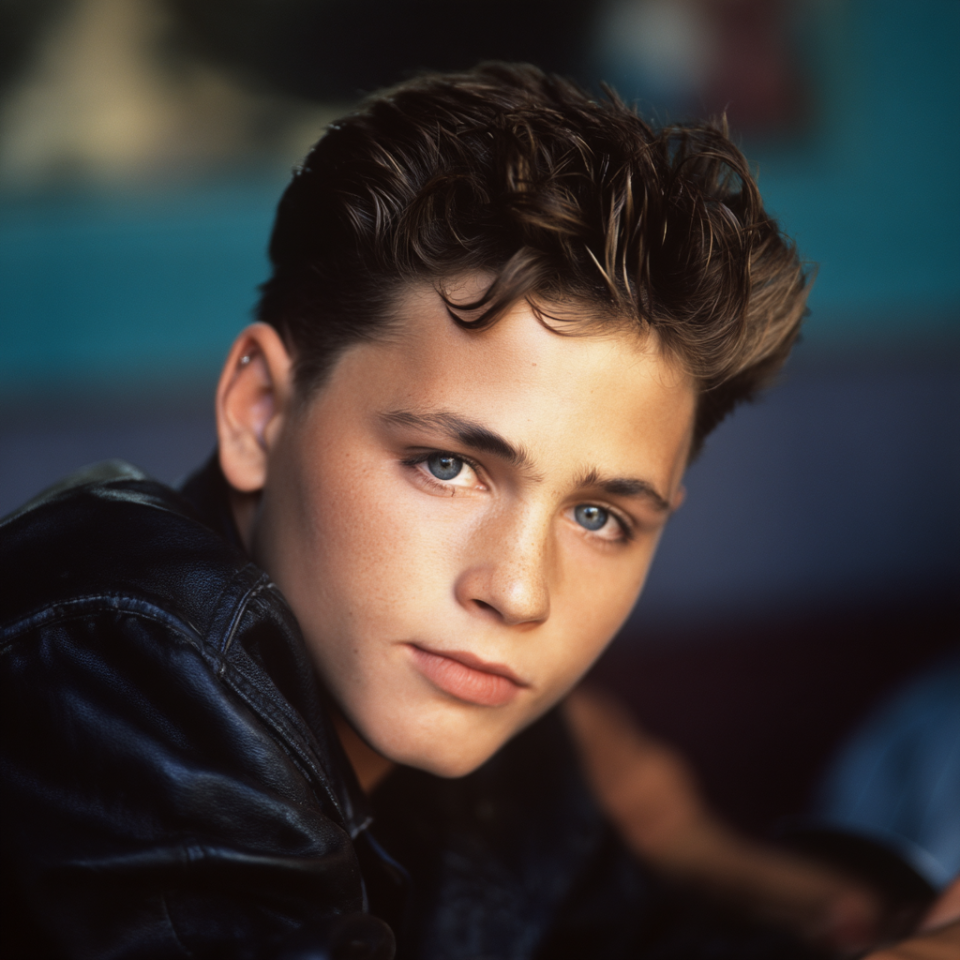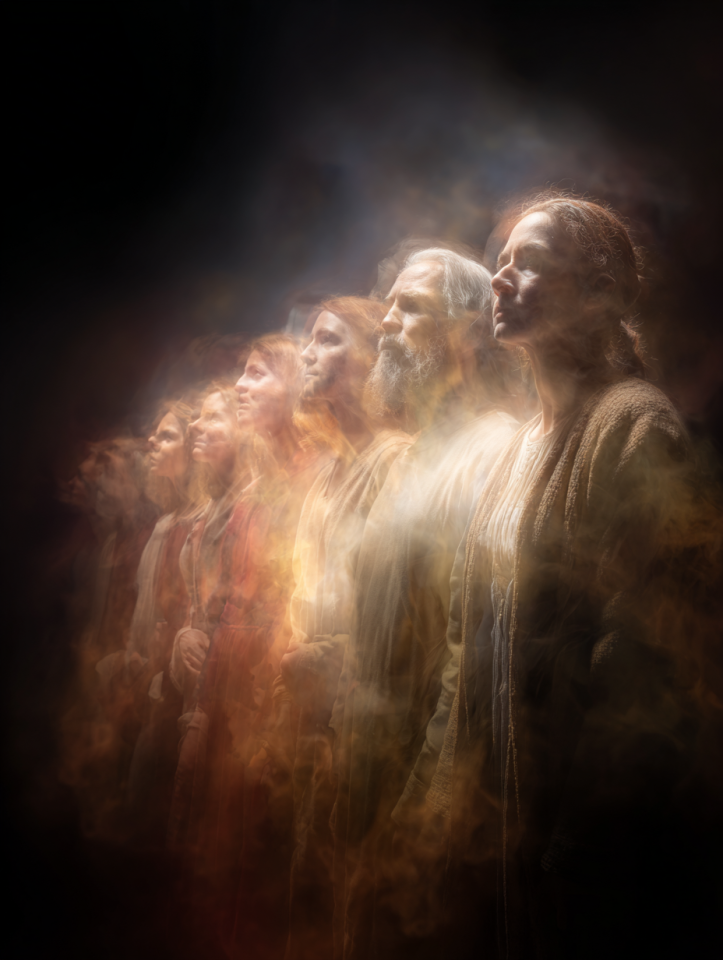Corey Haim (KOR-ee HAYM)
Actor
Corey Ian Haim (a.k.a. The Lost Boy, C, Core)
Corey Haim came to prominence during a decade defined by high-gloss youth culture, yet he carried within him something quieter—an open-hearted vulnerability that made him unforgettable. Raised in Toronto by working-class parents, Corey was a gentle, sometimes shy child more interested in music and hockey than stardom. Acting came as a surprise, first as a favor to his older sister and then as a natural fit for his unfiltered expressiveness. By the time he starred in *Lucas* at just fourteen, critics and audiences alike saw a rare kind of emotional clarity on screen—a boy who didn’t perform emotion, but seemed to *live* it.
The role earned him acclaim, but it was *The Lost Boys* that catapulted him into cultural mythology. Alongside Corey Feldman, he became part of a teen-idol phenomenon dubbed *The Two Coreys*, their friendship extending beyond the screen and into tabloid lore. Haim’s appeal lay in his disarming combination of innocence and mischief, a charisma that never hardened into arrogance. Films like *License to Drive* and *Dream a Little Dream* solidified his fame, but the whirlwind of early success came with little protection. Within a few years, he was adrift in an industry that had no space for boys once they stopped being bankable.
By the 1990s, Haim’s struggles with addiction, exploitation, and fading fame had eclipsed his earlier achievements. Despite multiple attempts at recovery and comebacks—some painfully public—he never regained the spotlight he once held. But those who knew him, and many who didn’t, continued to speak of his warmth, honesty, and the unguarded charm that couldn’t be extinguished. He remained beloved, not as a headline or punchline, but as someone who had been deeply *seen* in the roles he played—and who, even through hardship, kept trying to return that gaze with gentleness.
His passing at the age of 38 felt less like a closing act than an unresolved page. In the years since, Corey Haim’s story has shifted in public memory—from cautionary tale to cultural elegy. To his fans, he was never just a teen idol. He was a mirror held up to youth itself: hopeful, flawed, sincere, and longing for connection. That he is still remembered not for perfection, but for his tenderness, is perhaps the legacy he would have valued most.
Mental characteristics
Sexuality
Corey Haim publicly identified as heterosexual, though much of his inner life was tightly guarded, especially under the scrutiny of fame. Interviews suggest a young man uncomfortable with labels, shaped by an industry that often conflated sexuality with marketability. While his public image leaned heavily on heartthrob status, those close to him recall a deeply affectionate soul who sought genuine connection more than conquest.

Species
Realm
Date of Birth
December 23, 1971
Date of Death
March 10, 2010
Life
1971 CE
2010 CE
39 years old
Circumstances of Death
Corey Haim died of pneumonia complicated by an enlarged heart and pulmonary congestion, with no illicit substances found in his system.
Birthplace
Toronto, Ontario, Canada
Place of Death
Burbank, California, United States
Children
Gender
Male
Sexuality
Heterosexual















